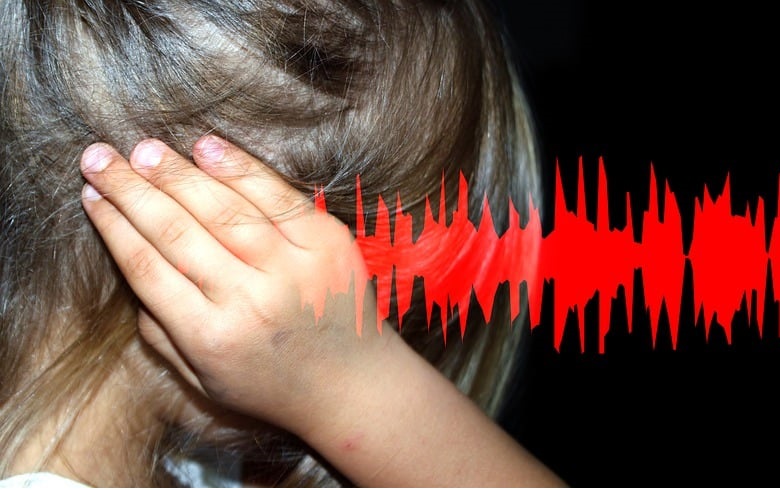Hope for Tinnius Sufferers After Device Found to Reduce Ear Ringing by 60%

Tinnitus, the occasional ringing in the ear representing damage or impairment to the auditory systems, affects nearly 15% of all the adults in the US, but they might soon have the option of a simple at home treatment.
Susan Shore, Ph.D. in Michigan Medicine’s Department of Otolaryngology, conducted a trial with 99 patients in order to understand how the brain processes bi-sensory information, and how these processes can be harnessed for personalized stimulation to treat tinnitus.
The focus was on the combination of audio with “somatosensory” stimuli, meaning sensations which occur anywhere on the body such as warmth or pain. The idea to use the two together as a treatment arose from previous studies in mice.
“After enrollment, participants received a portable device developed and manufactured by in2being, LLC, for in-home use,” said Dr. Shore.
“The devices were programmed to present each participant’s personal tinnitus spectrum, which was combined with electrical stimulation to form a bi-sensory stimulus, while maintaining participant and study team blinding.”
80% of all those who suffer from tinnitus have a form known as “somatic tinnitus,” characterized by the ability to alter the pitch of the ringing in one’s ears by clenching the jaw or applying pressure to the forehead.
OTHER HEALTH NEWS: Interior Design of Human Cells is Mapped for the First Time, a Breakthrough That Could Revolutionize Healthcare
It was the spectrum of the pitches that was programmed to the devices.
The team found that when participants received the bi-sensory treatment, they consistently reported improved quality of life and significant reductions in tinnitus loudness. However, these effects were not seen when receiving sound-only stimulation.
MORE MEDICAL DEVICES: Winner of 2021 Dyson Award Goes to First Ever Device to Monitor Glaucoma Symptoms From Home
More than 60% of participants reported significantly reduced tinnitus symptoms after the six weeks of active treatment, but not control treatment.
“This study paves the way for the use of personalized, bi-sensory stimulation as an effective treatment for tinnitus, providing hope for millions of tinnitus sufferers,” said Shore.
KNOW Someone With Tinnitus? Help Them Hear This Great News…
>read more at © Good News
Views: 2